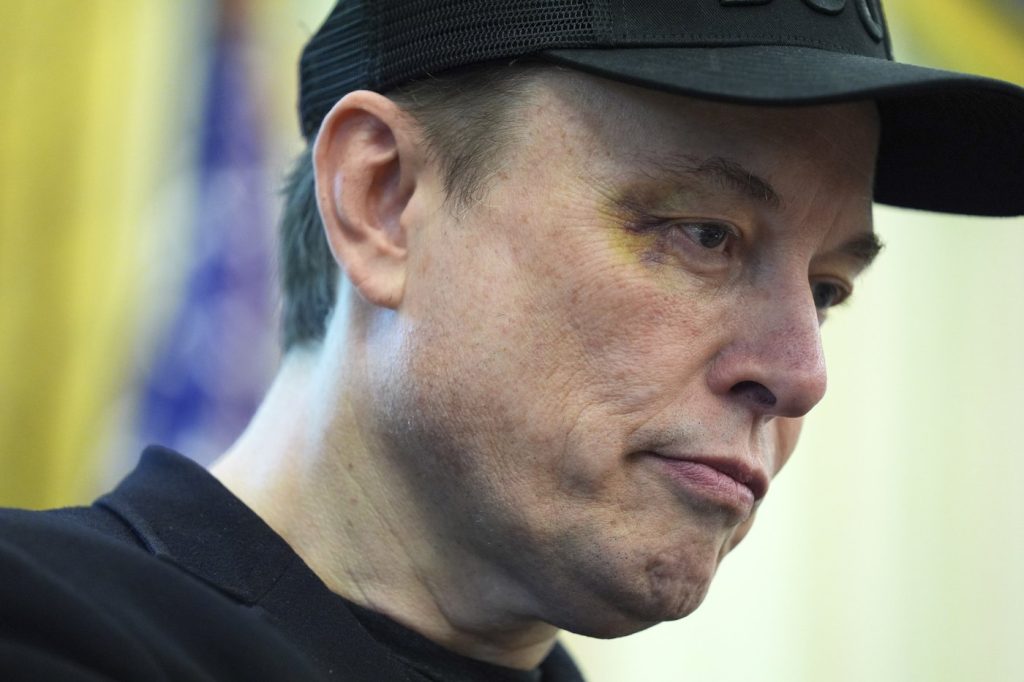Pride Toronto is facing a significant funding challenge, with a $900,000 shortfall after major sponsors like Google and Home Depot withdrew their financial support for the 2025 festival. This withdrawal is linked to broader changes in corporate priorities regarding diversity, equity, and inclusion (DEI) initiatives, particularly as influenced by the political atmosphere under U.S. President Donald Trump.
The organizers stated that the decision by these major corporations to pull their sponsorships is a response to the current U.S. political climate, where the Trump administration has enacted policies to curtail DEI initiatives. After being inaugurated, Trump signed an executive order aimed at eliminating DEI-related programs, including federal grants and contracts for companies involved in these initiatives.
Experts note that this trend started to escalate after the U.S. Supreme Court declared affirmative action programs unconstitutional in June 2023, leading to U.S. tech giants such as Amazon and Google, as well as Canadian companies like Shopify and Molson Coors, to scale back on their DEI commitments.
Eddy Ng, the Smith Professor of Equity and Inclusion at Queen's University, explained that the rollback of these initiatives began as a preemptive measure, as some companies had already started reducing their DEI programming prior to Trump's return to the presidency. Ng highlighted that American multinationals operating in Canada, like Google and Home Depot, are likely to align their practices globally in light of potential backlash from the U.S. administration.
Further complicating the issue, Ng pointed out that many businesses struggle to measure the tangible benefits of DEI programs, even after investing billions into them. He stated that the inability to quantify these benefits makes it easier for companies to divest from DEI initiatives when economic conditions become uncertain. With a potential recession looming, these programs, which are seen as non-essential, can easily be cut from budgetary considerations.
Ng also compared the justification for corporate spending on advertising—such as a high-cost Super Bowl ad where returns can be easily measured—to the more nebulous benefits of DEI efforts, which often lack clear metrics of success. Consequently, the tightening of corporate expenditures has led to a drop in support for events like Pride.
The discussions regarding the rollback of DEI initiatives were prominent at a recent global business summit, which drew over 350 queer and transgender entrepreneurs, government leaders, and supportive businesses at the Park Hyatt Hotel in Toronto. Darrell Schuurman, CEO of the Canadian 2SLGBTQI+ Chamber of Commerce, mentioned that some corporations continue to show support for the queer community but are reframing their approaches to remain more neutral and less visible in their sponsorships.
Schuurman noted that while some companies are reducing their public commitment, they still contribute financially, albeit with less exposure. He added that many corporations are altering the terminology of their initiatives, opting to use terms like "belonging" instead of directly referencing "diversity" or "inclusion." This shift has created uncertainty for queer and transgender business owners, raising concerns about the long-term economic ramifications of these changes.
As the market dynamics continue to evolve, Ng anticipates that the withdrawal from DEI initiatives will persist, exacerbated by economic volatility and workforce displacements. This context calls for organizations like Pride Toronto to rethink their funding models, as reliance on corporate sponsorships may no longer be viable. Ng emphasized that Pride serves as a critical reminder of the historical struggles faced by the queer community, asserting that supporting these initiatives should be viewed as a fundamental human rights issue, rather than just a market-driven endeavor.












